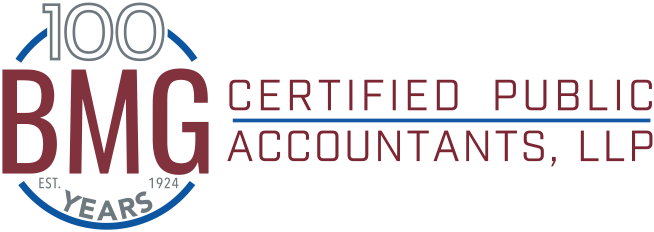Retiring soon? 4 tax issues you may face
If you’re getting ready to retire, you’ll soon experience changes in your lifestyle and income sources that may have numerous tax implications.
Here’s a brief rundown of four tax and financial issues you may deal with when you retire:
Taking required minimum distributions. This is the minimum amount you must withdraw from your retirement accounts. You generally must start taking withdrawals from your IRA, SEP, SIMPLE and other retirement plan accounts when you reach age 72 (70½ before January 1, 2020). Roth IRAs don’t require withdrawals until after the death of the owner.
You can withdraw more than the minimum required amount. Your withdrawals will be included in your taxable income except for any part that was taxed before or that can be received tax-free (such as qualified distributions from Roth accounts).
Selling your principal residence. Many retirees want to downsize to smaller homes. If you’re one of them and you have a gain from the sale of your principal residence, you may be able to exclude up to $250,000 of that gain from your income. If you file a joint return, you may be able to exclude up to $500,000.
To claim the exclusion, you must meet certain requirements. During a five-year period ending on the date of the sale, you must have owned the home and lived in it as your main home for at least two years.
If you’re thinking of selling your home, make sure you’ve identified all items that should be included in its basis, which can save you tax.
Engaging in new work activities. After retirement, many people continue to work as consultants or start new businesses. Here are some tax-related questions to ask:
• Should the business be a sole proprietorship, S corporation, C corporation, partnership or limited liability company?
• Are you familiar with how to elect to amortize start-up expenditures and make payroll tax deposits?
• What expenses can you deduct and can you claim home office deductions?
• How should you finance the business?
Taking Social Security benefits. If you continue to work, it may have an impact on your Social Security benefits. If you retire before reaching full Social Security retirement age (65 years of age for people born before 1938, rising to 67 years of age for people born after 1959) and the sum of your wages plus self-employment income is over the Social Security annual exempt amount ($18,960 for 2021), you must give back $1 of Social Security benefits for each $2 of excess earnings.
If you reach full retirement age this year, your benefits will be reduced $1 for every $3 you earn over a different annual limit ($50,520 in 2021) until the month you reach full retirement age. Then, your earnings will no longer affect the amount of your monthly benefits, no matter how much you earn.
Speaking of Social Security, you may have to pay federal (and possibly state) tax on your benefits. Depending on how much income you have from other sources, you may have to report up to 85% of your benefits as income on your tax return and pay the resulting federal income tax.
Many decisions
As you can see, tax planning is still important after you retire. We can help maximize the tax breaks you’re entitled to so you can keep more of your hard-earned money.

